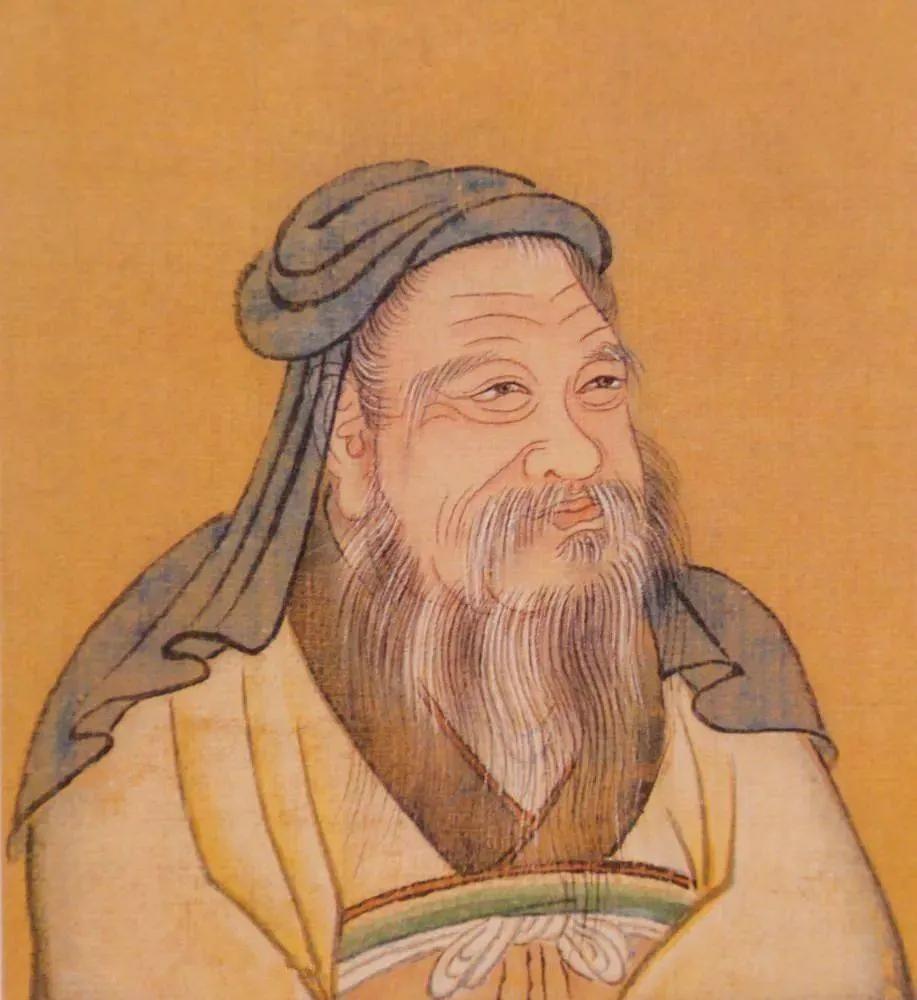Duke of Zhou

Duke of Zhou, born Ji Dan, was a key figure in assisting King Wu in overthrowing the Shang Dynasty and in establishing the ceremonial and musical foundations of the newly founded Zhou Dynasty. He was granted a fief in Zhou and held the rank of Grand Duke, earning him the title Duke of Zhou.
In Records of the Grand Historian, Duke of Zhou’s advice to his eldest son, Bo Qin, succinctly captures his character:
“I am the son of King Wen and the brother of King Wu. My position is not lowly, yet I frequently interrupted tasks such as washing my hair or eating, for fear of missing the opportunity to meet a virtuous person. When you govern the state of Lu, always act with caution and humility. Do not let the possession of land lead to arrogance or mistreatment of others.”
Duke of Zhou is honored as the Foremost Sage and a pioneer of Confucian thought. He played a crucial role in assisting King Wu in defeating the Shang and later in helping the young King Cheng govern the kingdom. Upon King Wu’s death, Duke of Zhou acted as regent for seven years until King Cheng came of age. During his regency, he introduced foundational systems such as the patriarchal clan system, the feudal system, primogeniture and the well-field system. These reforms not only established a solid foundation for the Zhou Dynasty’s 800-year reign but also profoundly influenced the trajectory of Chinese civilization.
The Han Dynasty thinker Jia Yi offered this high praise of Duke of Zhou:
“King Wen had great virtue but did not complete his achievements. King Wu accomplished great deeds but did not consolidate his governance. Duke of Zhou embodied the ultimate virtue, accomplishments and governance. Before Confucius and after the Yellow Emperor, only Duke of Zhou holds such profound significance in Chinese history.”